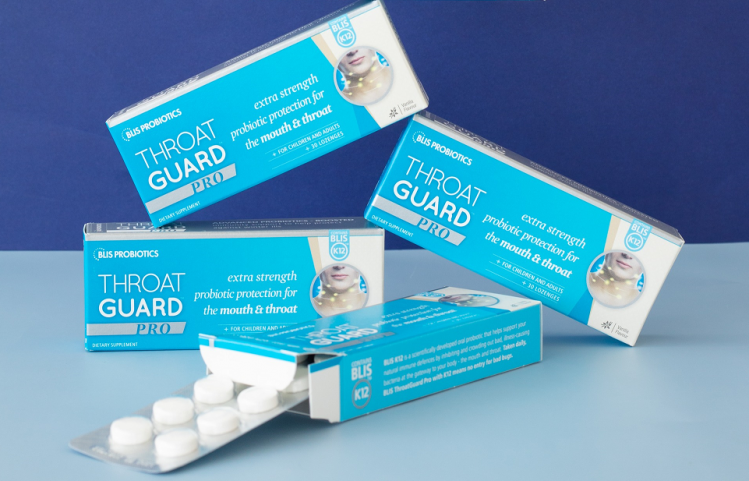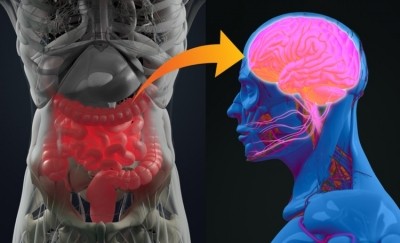Broadening appeal: NZ probiotic firm Blis reveals positive findings for upper respiratory health

Blis Technologies Limited is the company behind BLIS K12 and two other probiotic strains known as BLIS M18 – also used in supplements and foods, and BLIS Q24 which has been used in skincare products.
BLIS K12 is a specific strain of bacteria known as Streptococcus salivarius K12, which is found naturally in the tongue and has also been found in the intestines and skin, which means it could have applications on these sites.
As for the term ‘BLIS’, it is an acronym for a special type of anti-microbial peptide known as ‘Bacteriocin-Like Inhibitory Substances’. The characteristics of these probiotic strains is their ability to produce these bacteria and molecules.
In particular, BLIS K12 has been used to demonstrate the improvement of halitosis – more commonly known as bad breath, the reduction and occurrence of strep throat, with recent studies looking at respiratory infections.
Blis Technologies Limited was founded in 2000 from the academic research career of Professor John Tagg, microbiologist and Professor Emeritus at the University of Otago. His research focuses on the use of good bacteria to bring about health benefits for the oral cavity.
So far, the company has created tablets and powder supplements containing BLIS K12 and BLIS M18, also known as Streptococcus salivarius M18, sold under the brand BLIS in New Zealand’s pharmacy retail.
These products are also sold to the US and Canadian market via Amazon.
Recently, there are also a number of studies published on BLIS K12. One of them reported its potential effect in reducing the incidence of COVID-19 infection in children.
Writing in Minerva Medica, a group of Italian researchers showed in a 90-day RCT that none of the children consuming BLIS K12 tested positive for COVID-19, as compared to 38 per cent in the placebo group.
Following the results, the company, which also operates a sizeable B2B business in the US, Canada, Europe and some parts of Asia, such as Japan, Malaysia, and Taiwan, would work with partnering brands to position products containing BLIS K12 for a broader range of upper respiratory health indications, said CEO Brian Watson.
“We already positioned BLIS K12 for ear, nose, and throat health, which obviously is a subset of upper respiratory health.
“We think that the new data provides further evidence of a range of respiratory conditions that BLIS K12 could prevent.
“Moving forward, we will work with our partners and customers on how they could position the product for a broader range of upper respiratory health indications.”
The company has already secured health claims for BLIS K12 relating to upper respiratory health in markets such as Australia and Canada.
Elsewhere in China, there has been a number of clinical studies conducted using these strains.
“China is an emerging market at the moment. We are looking to develop some customers in China, and we hope to have a product available in the future,” he added.
Mechanism of action
According to chief technology officer John Hale, BLIS K12 works via a number of mechanisms.
“Probiotics [generally] benefit a consumer by colonising the target site, which could be the tongue or the intestine.
“They can stimulate the immune system; they can produce antimicrobial molecules that may inhibit other bacteria surrounding them. They can also produce beneficial enzymes that may help modulate biofilm build up etc.”
Ongoing trial
There is currently an ongoing randomised, placebo-controlled trial studying the effects of BLIS K12 in reducing the occurrence of ear infection in young children.
The 18-month trial is taking place in New Zealand.















